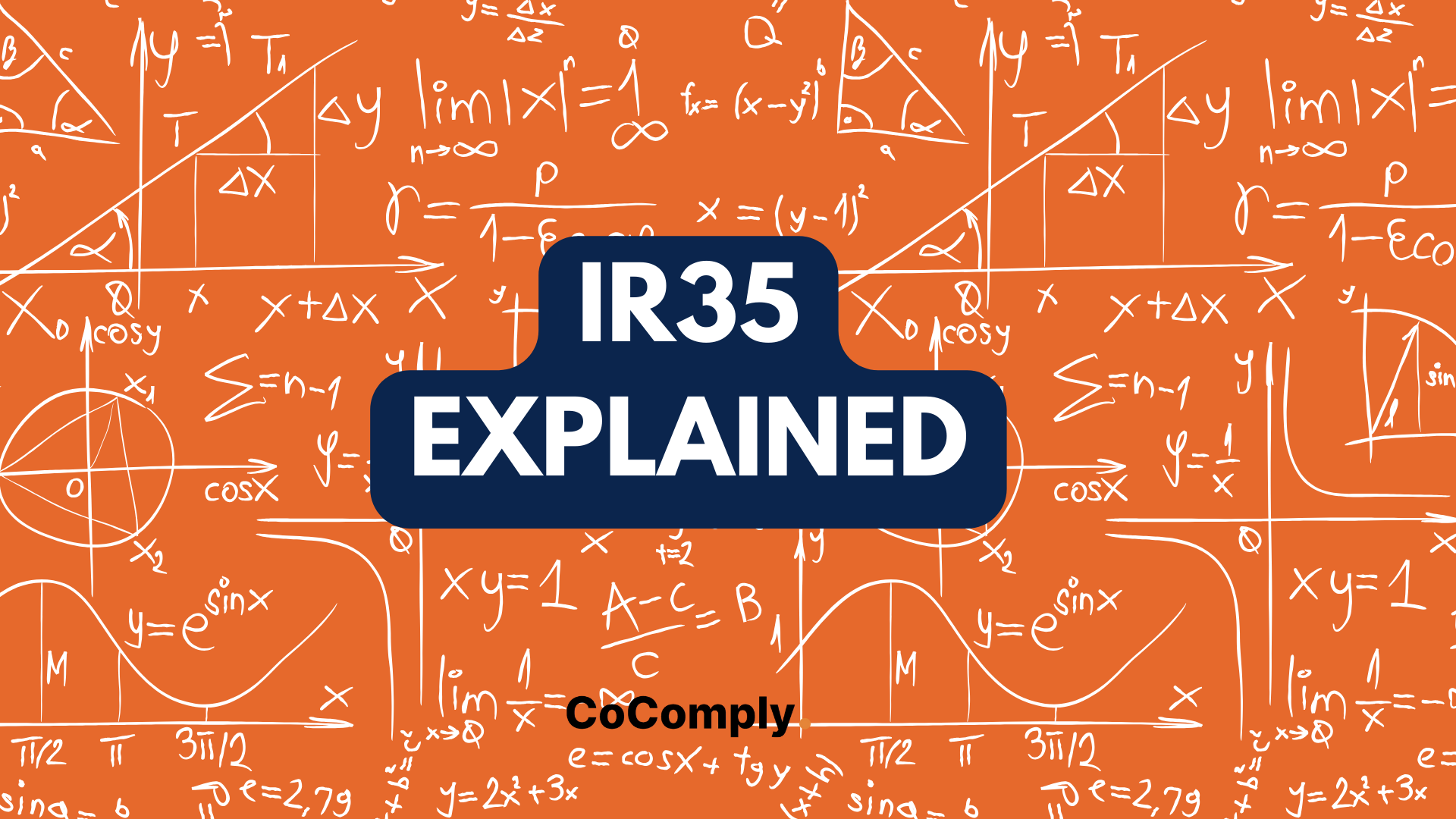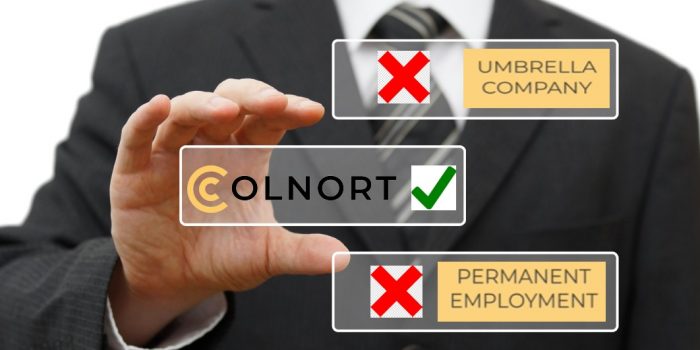
What is IR35?
IR35, also known as the "Intermediaries Legislation," is a piece of tax legislation in the United Kingdom that aims to combat tax avoidance by workers who provide their services through an intermediary, such as a personal service company (PSC), but who would otherwise be considered employees if they were contracting directly. The legislation has evolved and undergone a number of iterations since its inception, affecting the way contractors and businesses can ensure compliance.
Inside and Outside IR35
"Inside IR35" means that a contractor is considered an employee for tax purposes and should be paying the same income tax and National Insurance Contributions (NICs) as a regular employee. In most cases, this means that the end-client must apply deductions for tax and NICs before it pays the PSC.
On the other hand, being "outside IR35" means that a contractor is considered to be self-employed and a genuine business, entitling it to receive gross payments and remain in control of its own tax affairs.
Timelines of IR35 Changes
April 2000: IR35 was first introduced by the UK government to tackle the issue of “non-compliance” with workers classifying themselves as self-employed largely due to operating via a PSC. It was the government's view that many PSC contractors were being treated and doing similar work to an employee.
April 2017: IR35 Public sector reforms were introduced, shifting the responsibility for determining IR35 status from the contractor to public sector authorities. If the client deemed the contractor to be inside IR35, the client or the agency paying the contractor would be responsible for deducting income tax and NICs.
April 2021: IR35 Private sector reforms were originally scheduled to be implemented in April 2020 but were delayed due to the COVID-19 pandemic. From April 2021, medium and large-sized private sector clients became responsible for determining the IR35 status of their contractors and ensuring all relevant deductions were applied to contractors determined as inside IR35. Small businesses were exempt from these changes.
September 2023: The government announced that from April 2023 it would repeal the 2017 and 2021 reforms, shifting the responsibility for determining IR35 status back to the contractor. This change aimed to simplify the tax system and reduce the administrative burden on businesses.
November 2023: The government scrapped plans to repeal the IR35 reforms meaning that it would remain the risk and responsibility of all public sector authorities and medium and large-sized private sector clients, to assess and determine status of its contractors.
April 2024: Introduction of IR35 off-set mechanism. Before this change misclassifying a contractor as outside IR35 meant that businesses, including recruitment agencies, were on the hook for all associated employment taxes. This change eliminated 'double-taxation' and significantly lowered the financial risk and liabilities for businesses, engaging with PSC’s.
IR35 has been a contentious issue since its introduction, with many contractors and businesses finding the legislation complex and burdensome. While the government has declared that it is committed to simplifying IR35 and its requirements it remains crucial for contractors and businesses to stay informed about the legislation and its implications to ensure compliance and avoid financial penalties.








